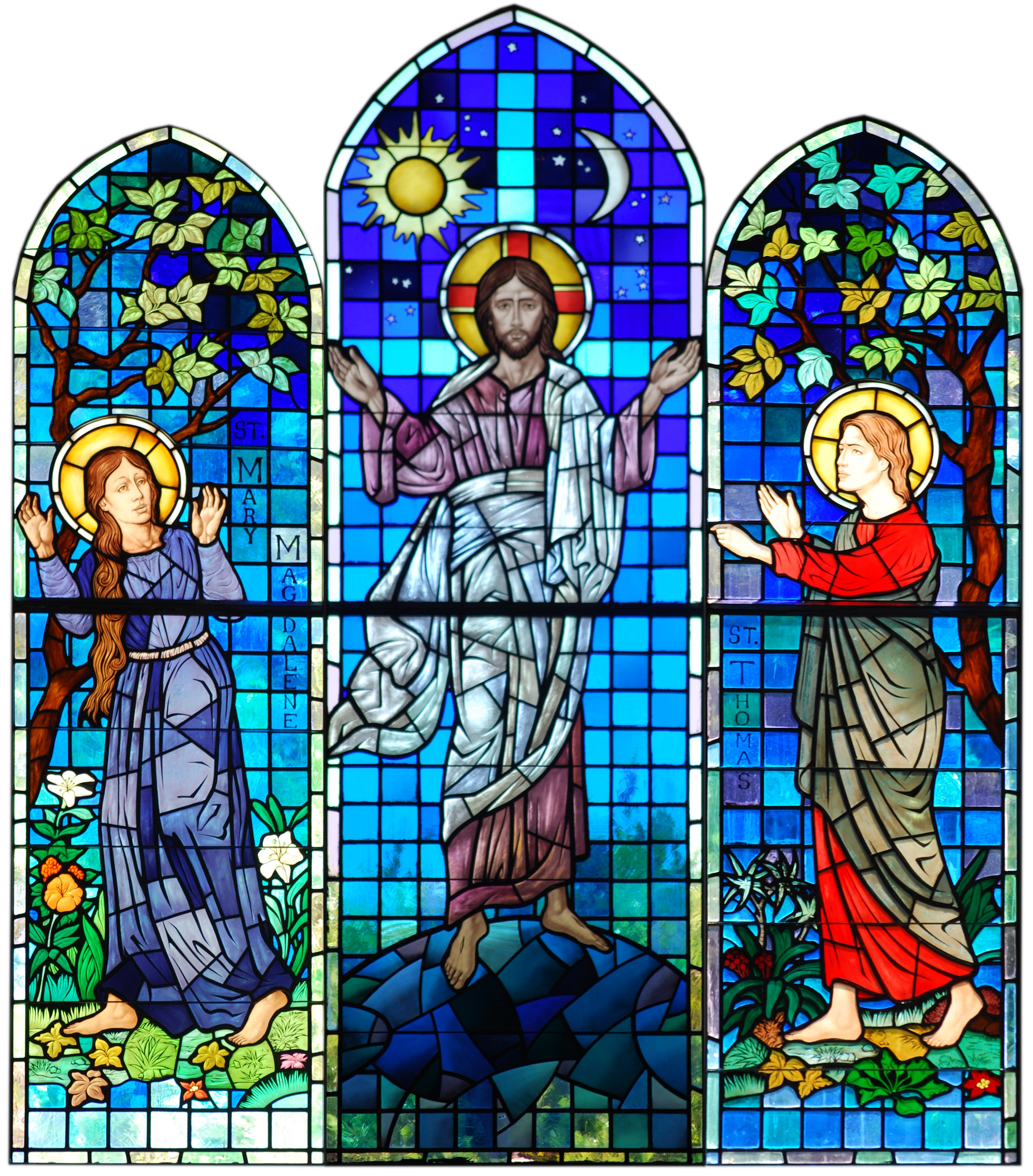In the fourth century, John Chrysostom preached an extraordinary homily connecting the worship of Christ’s body in the eucharist to the care and concern we extend to “the least of these” in society. In his homily, he was invoking what he considered “the sweetest passage” of Matthew 25:40, a passage that is the mandate of Episcopal Relief & Development. There Jesus states, “Truly, I tell you just as you did it to one of the least of these who are members of my family, you did it to me.”
Chrysostom’s homily calls out Christian hypocrisy. Standing beneath the gilded dome of Antioch’s Great Church, in a sanctuary filled with polished marble, brass, gold and precious stones, he asked: “For what is the profit when his table is full of golden cups but he perishes with hunger? First, fill him and then deck out his table also. Why offer him a cup of gold while denying him a cup of cold water? Would you furnish his table with cloths of gold, while to himself, you afford not even a basic covering?”
This is an invitation for Christians to reevaluate our priorities. Chrysostom believed that profound worship occurs when we see Christ in the “least of these” and feed the hungry, give a cup of water to the thirsty, welcome the stranger and visit prisoners. Worship and care for the most vulnerable are profoundly linked. Let us recommit to living this out every day.
—Miguel Angel Escobar
Saints, share your personal REFLECTIONS here:

 Lenten Reflections – April 3rd 2021
Lenten Reflections – April 3rd 2021
 Lenten Reflections – April 3rd 2021
Lenten Reflections – April 3rd 2021
In the fourth century, John Chrysostom preached an extraordinary homily connecting the worship of Christ’s body in the eucharist to the care and concern we extend to “the least of these” in society. In his homily, he was invoking what he considered “the sweetest passage” of Matthew 25:40, a passage that is the mandate of Episcopal Relief & Development. There Jesus states, “Truly, I tell you just as you did it to one of the least of these who are members of my family, you did it to me.”
Chrysostom’s homily calls out Christian hypocrisy. Standing beneath the gilded dome of Antioch’s Great Church, in a sanctuary filled with polished marble, brass, gold and precious stones, he asked: “For what is the profit when his table is full of golden cups but he perishes with hunger? First, fill him and then deck out his table also. Why offer him a cup of gold while denying him a cup of cold water? Would you furnish his table with cloths of gold, while to himself, you afford not even a basic covering?”
This is an invitation for Christians to reevaluate our priorities. Chrysostom believed that profound worship occurs when we see Christ in the “least of these” and feed the hungry, give a cup of water to the thirsty, welcome the stranger and visit prisoners. Worship and care for the most vulnerable are profoundly linked. Let us recommit to living this out every day.
—Miguel Angel Escobar
Saints, share your personal REFLECTIONS here: